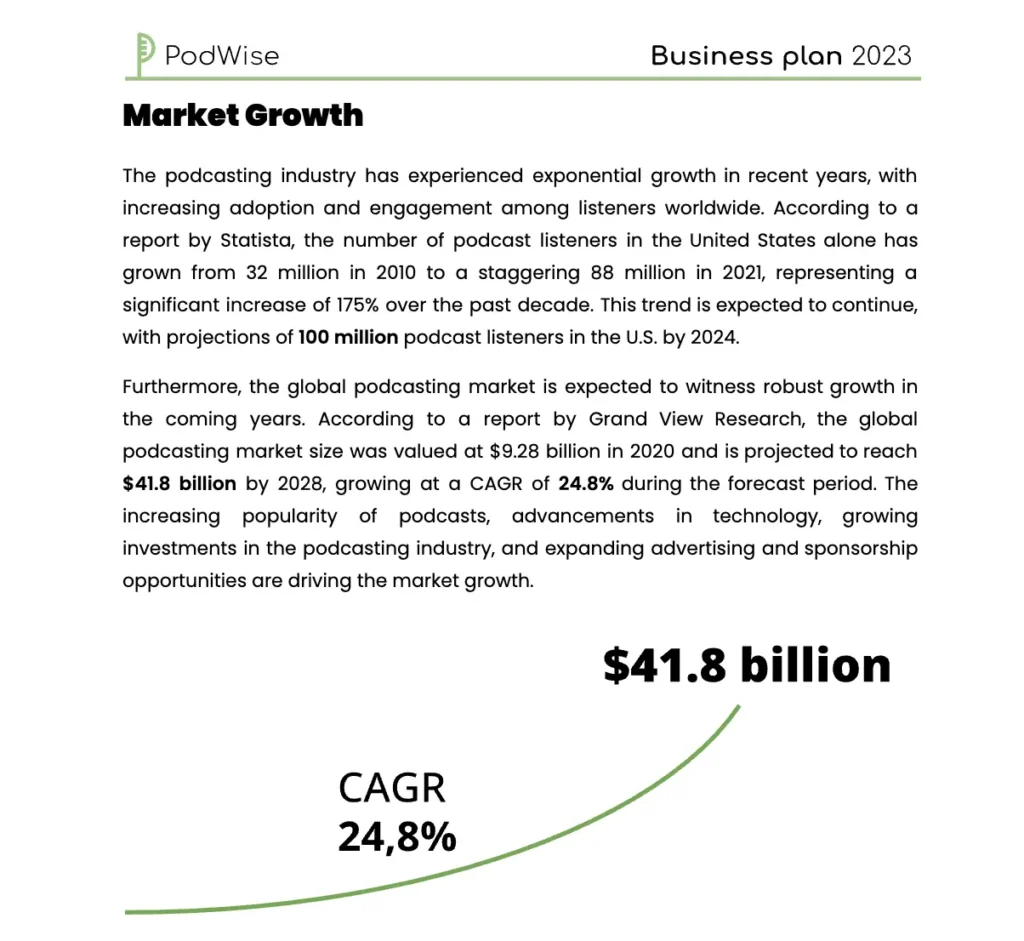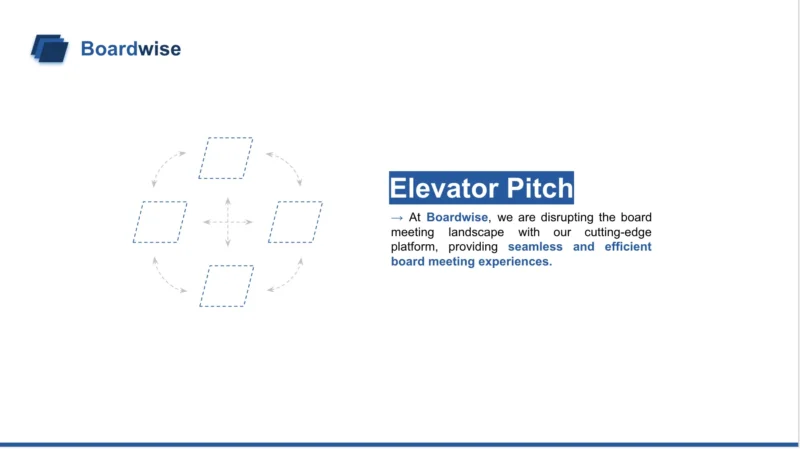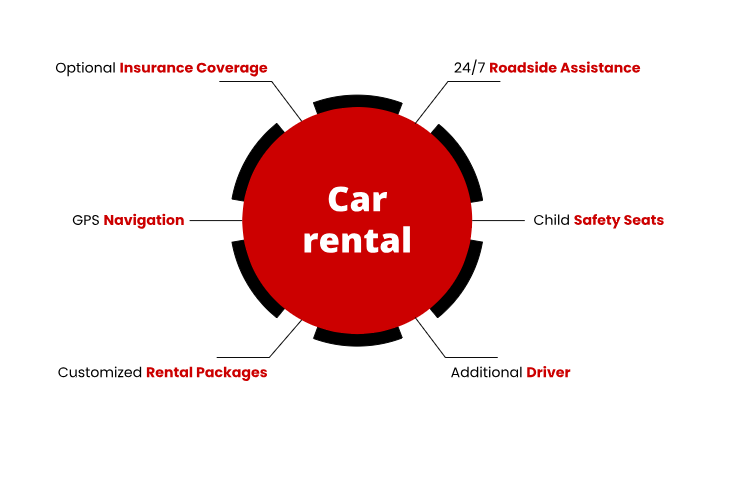
There’s a thrilling sense of freedom in the vast world of podcasts, where creativity and passion collide. But let’s face it, with countless podcasts vying for attention, how can you ensure that yours rises above the noise? The answer lies in a well-crafted podcast business plan.
In today’s saturated podcasting world, standing out from the crowd requires more than just a good idea and a microphone. It demands careful planning, effective marketing strategies, and a solid monetization plan.
A podcast business plan provides a structured approach to ensure your podcast survives and thrives in the competitive podcasting ecosystem.
So, in this article, we will dive into the world of podcast business plans and present you with a comprehensive template for crafting a winning plan. We’ll cover everything from defining your podcast’s unique selling proposition (USP) to implementing effective monetization strategies.
But first…
Download a Ready-to-Use Podcast Business Plan Template
As part of our standard business analysis, we have prepared a downloadable deck that provides an in-depth examination of PodWise’s market launch strategy, essential features, market potential, target audience, marketing plan, and financial projections.
*The Albus team offers professionally designed templates of fictional companies that use real content instead of the typical “lorem ipsum” filler text.
Vision, Purpose, and Audience
Starting a podcast can be thrilling, allowing you to share your passions and expertise with a global audience.
Your podcast’s mission and vision should reflect your purpose, whether it’s educating, entertaining, or inspiring your listeners.
Identifying your target audience and understanding the podcasting market landscape is crucial to tailor your content and strategies accordingly. Analyze their demographics, interests, and preferences to ensure your podcast resonates with them. Simultaneously, conduct a thorough market analysis to gain insights into the competitive landscape and identify potential gaps or niches your podcast can fill. This knowledge will enable you to position your podcast effectively and create strategies that set you apart from other podcasts in your niche.
Podcast Business Plan Template. Unique Selling Proposition
When choosing a podcast format, consider what suits your content and aligns with your goals. Options include interviews, solo episodes, storytelling, or a combination. Additionally, defining the genre or niche of your podcast, such as business, true crime, personal development, or comedy, helps attract the right audience and sets clear expectations.
In this saturated market, it’s crucial to determine what sets your podcast apart from others in the same genre. Identify your unique selling proposition (USP): your expertise, storytelling style, guest lineup, or the specific angle you bring to the topics.
By highlighting your USP, you gain a competitive advantage and differentiate yourself in the crowded podcasting landscape.
Establish a consistent structure for your episodes to provide a familiar and engaging experience for your listeners. This includes deciding the duration, intro/outro format, segments, and recurring elements.
Regarding content themes, choose topics that align with your target audience’s interests and your podcast’s mission. Incorporating various themes keeps your content fresh, engaging, and appealing to your listeners.
How is Your Podcast Business Making You Money?
One of the most important factors to consider when launching a podcast business is your revenue approach. You should look at various money streams to assist you in continuing and expanding your podcast. Sponsorships, advertising, and item sales are examples of income streams.
Podcasters frequently use sponsorships to supplement their income.
You may highlight relevant firms’ or brands’ products or services to your audience by collaborating with them. This may be accomplished by incorporating promotional messages into your episodes via mid-roll or pre-roll adverts. You may also arrange sponsorship deals based on how many impressions or downloads your podcast obtains.
Another option is to go into advertising. You may make cash by inserting tailored adverts into your episodes. This may entail collaborating with ad networks that link you with marketers trying to reach your target demographic. It is critical to have a pricing plan that aligns with the value you deliver and the size of your audience. CPM (cost per thousand impressions) rates or flat prices for ad placements are factors to consider.
To properly monetize a podcast, you must employ marketing and promotion techniques. Creating a robust online presence via social media platforms can assist in attracting sponsors and marketers. Engaging with your audience and creating great material that develops listener loyalty and attracts potential sponsors are critical. Consider giving out special discounts.
Influencer Marketing
Collaboration with other podcasters or influencers in your niche might also help you extend your reach and attract more advertisers. Cross-promotion may be an effective technique for reaching out to each other’s audiences and forming mutually beneficial alliances.
Keep in mind that selling your podcast requires time and work. As your audience grows and you obtain more insight into your listeners’ preferences, it’s critical to regularly assess and adapt your approach. You may develop a profitable podcast business by diversifying your revenue streams and employing smart marketing tactics.
Podcast Business Plan Template. The Production!
Once the technology is in place, having a clear workflow for episode development and production is critical. This includes defining the procedures involved, from basic concept through final editing and publication. Create a checklist or timetable to guarantee that each activity is performed on time, and assign duties to team members or yourself accordingly.
When working with others, it is crucial to define team roles and duties. Determine who will be responsible for content research, episode authoring, audio recording, editing, and publication. Clearly articulating these roles ensures everyone understands their obligations and works well together.
Collaboration and project management software can also help speed up content creation and production. Team members may use these tools to communicate, share files, and measure progress in a centralized platform. This can assist with task organization, deadline scheduling, and clear communication among team members.
Maintaining a successful production workflow requires regular communication and feedback within the team. Regular check-ins, assessing the success of each episode, and discussing potential adjustments; will help enhance the quality of your podcast.
Podcast Business Plan Template. Target Audience
You must define and study your target demographic to reach the proper listeners and establish a loyal following. Once you have a firm grasp of your target demographic, you can devise branding and positioning techniques that will appeal to them. Using social media and internet marketing methods to promote your podcast and attract new listeners will assist you. Exploring guest outreach and partnership options can also help you to broaden your reach and reputation.
First and foremost, you must determine and assess your target audience. Determine your ideal audience by considering demographics, hobbies, and preferences. Conduct market research and data collection to understand their wants and requirements. This data can help you with your content production and marketing activities.
Marketing Strategies
Develop branding and positioning strategies that correspond with your target audience’s interests and values after you have a clear image of them. Create an engaging brand story and define your podcast’s unique selling points. This will help you stand out and attract your ideal audience. Consider your podcast’s tone, graphics, and messaging to build a consistent and memorable brand identity.
Social media and internet marketing strategies are critical for promoting your podcast and reaching a larger audience. Create a strong online presence on platforms popular among your target demographic. Engage your audience by sharing sneak peeks, behind-the-scenes information, and unique insights into the themes of your podcast. Use sponsored advertising and influencer collaborations to broaden your reach.
Outreach
Guest outreach and cooperation possibilities may greatly boost the visibility and credibility of your podcast. Identify experts, thought leaders, or influencers in your field who may give useful insights into your episodes. Contact them and offer partnership options such as interviews or guest appearances. This adds new viewpoints to your podcast and exposes you to their audience, which will help you increase your own.
Remember to constantly assess and change your marketing and audience growth plans based on feedback and data analysis. Maintain contact with your audience, listen to their opinions, and make changes as needed. You can establish a large and committed listener base for your podcast company by employing clever marketing methods and taking advantage of partnership possibilities.
Podcast Business Plan Template. Hosting Platform
You must select a trustworthy podcast hosting site to store your audio files and build your podcast’s RSS feed. Libsyn, Podbean, and Anchor are all popular hosting systems. When selecting, consider cost, storage space, analytics, and simplicity of use. After you’ve hosted your podcast, it’s time to distribute it across numerous channels.
Submitting your RSS feed to podcast directories such as Apple Podcasts, Spotify, Google Podcasts, and Stitcher is the first step in distributing your podcast. These directories serve as distribution methods for your podcast, allowing users to find and subscribe to it. To optimize your reach, make sure your podcast is available on platforms popular among your target audience.
Optimize your podcast for search engines and directories to boost its discoverability. This includes adding relevant keywords in the title, description, and episode names of your podcast.
To attract potential listeners, create intriguing and keyword-rich episode recaps. Encourage your listeners to write reviews and ratings since these can help your podcast’s exposure in search results.
Syndication and cross-promotion possibilities might help your podcast reach a wider audience.
Allowing other platforms or websites to reprint your episodes and reach their audiences is what syndication entails. Look into syndicating your material to relevant websites or media sources in your niche. Collaboration with other podcasters or content providers to promote each other’s broadcasts is what cross-promotion implies. This might include guest appearances, shout-outs, or collaborative marketing activities.
Podcast Business Plan Template. Financial Projections
Understanding the financial side of beginning a podcast business is critical before you start. Estimate your startup expenditures, including equipment, software, marketing, and professional services.
Consider the ongoing costs of running and growing your podcast, such as hosting fees, production costs, and crew pay.
To ensure the long-term success of your podcast business, analyze your financial performance regularly, measure critical indicators, and make data-driven choices. Consider using accounting software or hiring a financial specialist to help optimize your financial procedures and comply with tax requirements.
Download our ready-to-use business plan template for more extensive information and assistance in establishing a strong financial strategy for your podcast business.
Meet The Author Of This Article

Hi! I’m Elsa
I’m a Growth Marketer specializing in supporting small to medium-sized companies to thrive.
I focus on brand, business, and team growth to drive accelerated success. Currently, I leverage content creation my personal growth journey, and expertise.



